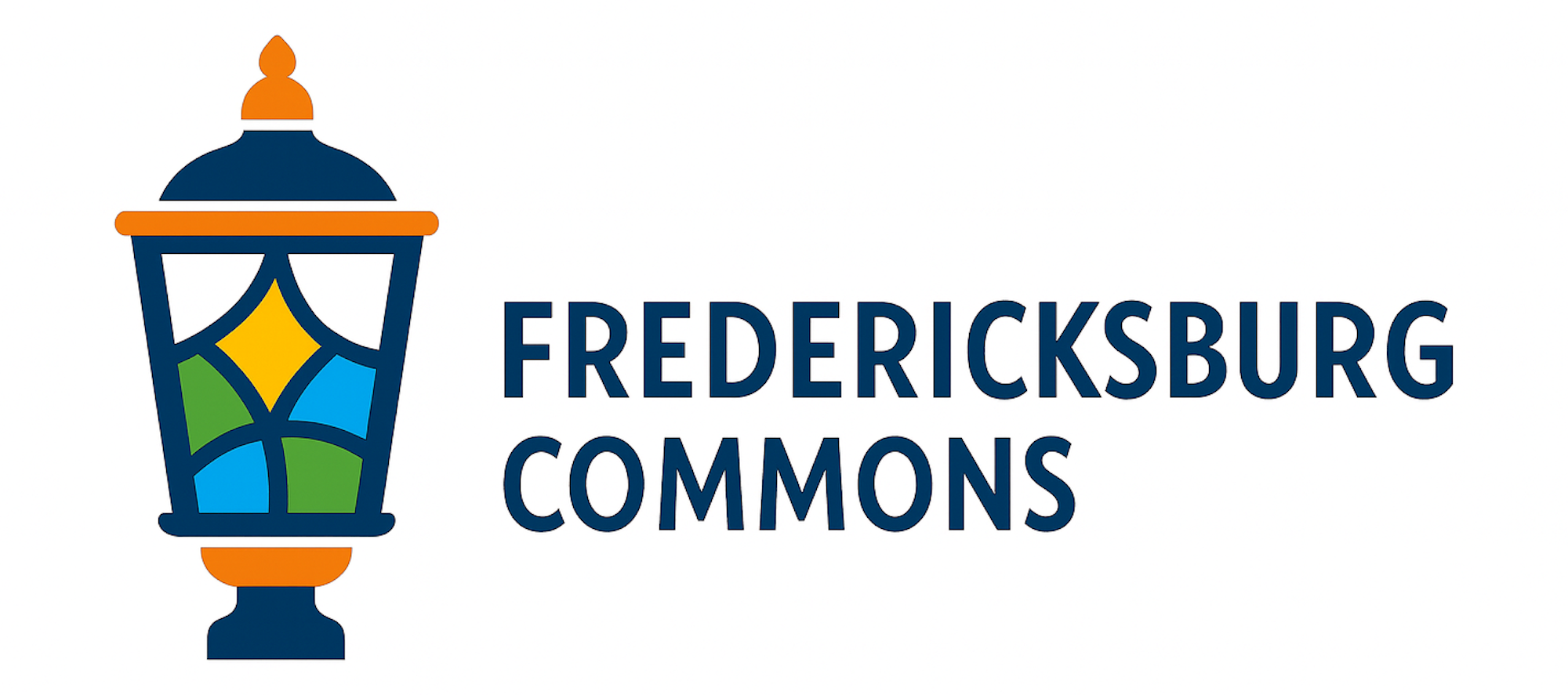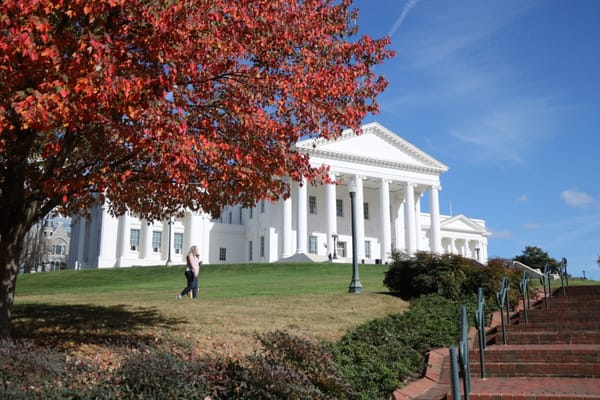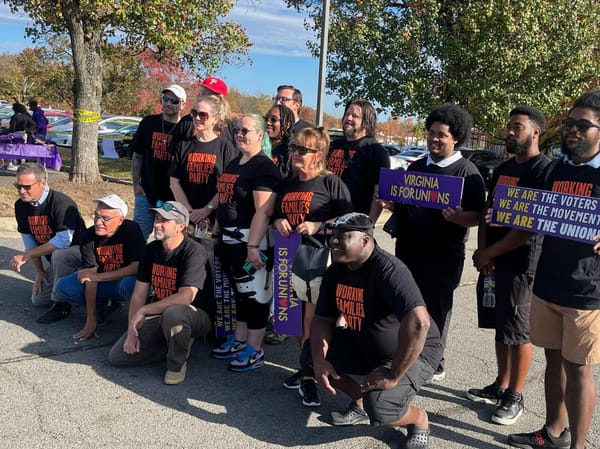FREDERICKSBURG, VA – The new fiscal reality of reduced federal nutrition assistance has officially begun, following the signing of the “One Big Beautiful Bill Act” (OBBBA) into law by President Donald Trump. The legislation, enacted in July 2025, includes an estimated $186 billion in cuts to the Supplemental Nutrition Assistance Program (SNAP) through 2035.
Local leaders and the Fredericksburg Regional Food Bank (FRFB) are bracing for catastrophic consequences, warning that food banks cannot possibly absorb the need that these sweeping cuts will create. Currently, one in 10 people in the Fredericksburg area are food insecure, as are one in nine children.
OBBBA: The New Rules for Food Assistance
The OBBBA, which passed the House and was signed into law, aims to partially offset the cost of trillions of dollars in tax cuts. It institutes dramatic changes to the country's largest anti-hunger program:
- Massive Funding Reduction: SNAP program funding is expected to be cut by 20%, leading to the loss of an estimated $230 billion over 10 years. The total reduction in SNAP funding is $186 billion through 2034.
- Expanded Work Requirements: Able-bodied adults without dependents, now ages 18 to 64 (up from 18-54), must meet expanded work requirements of at least 80 hours per month to remain eligible for benefits. Parents with children ages 14 and older are also included.
- Eliminated Exemptions: Several categories of exemptions are eliminated, meaning veterans, people experiencing homelessness, and those who have aged out of foster care will be vulnerable to losing assistance.
- State Cost Shifts: The law dramatically increases costs for states, requiring them to pay 75% of administrative costs (up from 50%) beginning in fiscal year 2027. Furthermore, for the first time, states with high error rates (above 6%) must cover 5% to 15% of benefit costs starting in FY 2028.
Experts warn that this shift could force states to restrict eligibility, add "red tape," or even consider complete program termination if they cannot balance their budgets to cover the new costs.
The Food Bank on the Front Lines
The Fredericksburg Regional Food Bank (FRFB) leads the fight against food insecurity in the Central Rappahannock River Region, serving Caroline County, the City of Fredericksburg, King George County, Locust Grove (Orange County), Spotsylvania County, and Stafford County.
The FRFB works with more than 200 dedicated community partners across the region, including schools, shelters, senior programs, and faith-based organizations, to distribute food efficiently.
To address the diverse needs of the community, the FRFB administers several crucial programs:
- Food Pantries: The FRFB network distributes millions of pounds of food through partner pantries throughout its service area.
- Mobile Pantry: This program brings fresh produce and pantry items directly to remote and underserved communities, operating at more than 50 sites per month.
- OrderAhead: This service provides a fast, convenient, and private way for neighbors to select groceries and schedule a pickup time.
- Specialized Programs: These include the Commodity Supplemental Food Program (for seniors aged 60 and older) and the Summer Nutrition Program, which helps alleviate stress for families when children lose access to school meals.
- SNAP Outreach: The food bank also employs a dedicated SNAP specialist to provide community members with application assistance and guidance regarding these critical federal benefits.
Leaders Condemn Cuts as “Cruel” and Economically Shortsighted
Local and state leaders quickly condemned the new law, focusing on the potential for increased poverty and hunger.
Delegate Joshua Cole (who represents Fredericksburg and parts of Stafford and Spotsylvania counties) attended a local roundtable discussion on the crisis. He shared that Congresswoman Jennifer McClellan had told him that many House members who voted for the "One Big Beautiful Bill" did not fully understand its implications.
Delegate Cole noted that these members are now "panicking to try to figure out what they can do to help their people out, because they didn’t know they were voting to take away certain benefits".
U.S. Senators Tim Kaine and Mark Warner previously called the cuts "morally wrong and economically shortsighted," arguing that the legislation harms vulnerable populations to fund tax breaks for the wealthy.
Senator Kaine pointed out that the bill includes an extension of deep estate tax cuts, amounting to about $200 billion over 10 years, which could fully reverse all the SNAP cuts if eliminated.
Dan Maher, President and CEO of the Fredericksburg Regional Food Bank, expressed alarm that the estimated loss of meals nationwide—about 9.5 billion meals—would wipe out the capacity of the emergency food network.
Maher warned that pulling at SNAP is like pulling at a "fabric that has threads" and could inadvertently unravel something far more significant, as SNAP drives substantial commercial activity to the retail environment.
Eddie Oliver, executive director of the Federation of Virginia Food Banks, estimated that to fill the gap left by the SNAP cuts, food banks in the state would have to "essentially triple our output". He emphasized that the system has a "breaking point" and cannot possibly replace the massive federal program.
Virginia would now be responsible for covering between $350 million to $450 million per year, or as much as $439 million by 2028, to make up for the cuts, threatening upwards of 204,000 Virginia residents with benefit loss.








